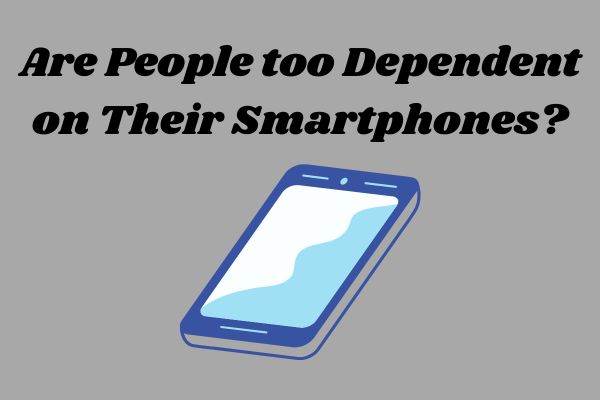Ever since smartphones have been introduced, they have become a big part of our daily lives. Most MIA students use their smartphones for everything from gathering information to communication between friends, family, and work. All this attachment bears the question: Are people relying on their phones too much?
A poll on student’s usage and dependency on their smartphones was completed by 91 students. Using your phone has many pros and has made life easier, but students have gotten so used to smartphones that they struggle to go for extended periods without them. About 68% of students say that their phones have greatly affected their day-to-day lives. A total of 65% of the people say that their phone usage has increased throughout the years and 24% of participation has increased significantly. A lot of people have gotten used to their phones being right there with them and constantly relying on them. From calling their mom to seeing what their friends are up to on social media or just trying to prove to their friends that they’re wrong, it’s easy to see why so many people are so dependent.
Teens using phones can be seen as sort of an addiction with the amount of time they’re using it. Time spent on phones varies per person, as the survey shows 11% of students spending 7+ hours on it, 20% spending 5-7 hours, and 48% of students spending 3-5 hours on it. Most of the time they don’t recognize how many hours they’re spending on their phones. With all the time on the screen, they could be doing more productive tasks. With the need to have their phones, 25% of participants say that they need their phones. The dependence on their phones can tend to interfere with their social functions, causing anxiety, and social isolation, and can strain their relationships with their friends and family with less time spent.
Some students do realize how much they spend on their phones and their dependence on them but still don’t do anything about it. About 40% of the participants express a desire to change their reliance on their phones for a good amount. Many teens recognize the negative impact their phones are having on them and are aware that their dependence can lead to a decrease in their academics, their social skills, negative effects on their mental health, and dependency on entertainment at a moment’s notice.
Reducing one’s dependence on smartphones will require heavy concentration on changing the amount of time spent on smartphones. Firstly, participating in tasks or activities that don’t require phones or focusing on productivity, as distractions will be limited. With less dependency on them, this enables the individual to fully immerse themselves in the present moment and a deeper appreciation for their lives, experiences, and surroundings.


















